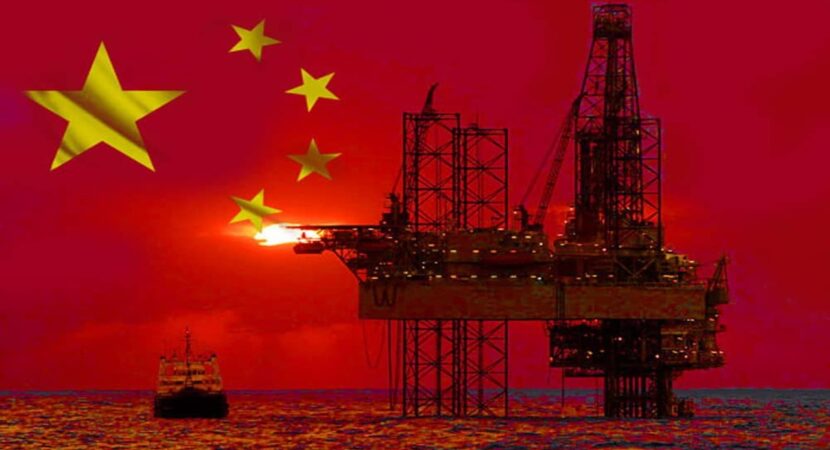
China's unprecedented intervention in the world oil market: sale of strategic reserves has the explicit aim of lowering prices
China, the world's largest oil importer, accumulated reserves of 220 million barrels of the commodity in the last decade, according to Energy Aspects, made an unprecedented intervention in the oil market, releasing part of its strategic reserve for the first time , with the explicit aim of lowering prices. China's move joins the US public call for OPEC to increase production. The two biggest consumers of oil on the planet are not willing to tolerate prices much higher than $70 a barrel. Despite efforts to keep tabs on prices, they are recovering from losses.
Read also
- Itaboraí City Hall celebrated on Friday (10/09) an agreement of intentions with the Brazilian oil giant; Comperj will be another important asset of Petrobras in Rio de Janeiro
- Job vacancies to work aboard Petrobras oil platforms in 3-year contracts, this September 13th
- High school, technical and higher education job openings are open today (10/09) for work at an ethanol plant
- Petrobras approved this morning (10/09) new contracts for the sale of gasoline and diesel to increase competitiveness
China signals it is willing to use reserves to try to influence the market
China starts a war against inflation and the increase in energy prices that affects all the economies of the planet. China announced through the National Food and Strategic Reserves Administration that it had taken advantage of its huge oil reserves to “ease the pressure of rising commodity prices”.

"At first glance, it's a pretty clear statement of intent to use the SPR to lower oil prices for domestic refiners," said Bob McNally, a former senior White House political adviser who now heads Rapidan Energy Group, a consultancy in Washington.
The Chinese agency explained that it is managing a “normalized” rotation of state reserves to fulfill “its role in market balance”, which it is assumed can continue to release barrels. National oil reserves were released on the domestic market for “better stabilization of supply and demand”.
Difficulties with oil
But China's economy is dealing with a lot of headaches right now. Inflation is rising and the country's producer price index hit a 13-year high last month, boosted by rising commodity prices. Energy costs are also rising and demand is so high that some provinces have even experienced power shortages.
Despite Beijing's efforts to contain rising costs, factory inflation remains high. The Chinese government has warned that the high costs of raw materials, such as energy and petrochemicals, will exacerbate the growth and employment challenges faced by manufacturers, especially small and medium-sized enterprises.
The United States also reached its strategic reserves
US crude oil reserves fell by 1,5 million barrels in the week to Sept. 3, according to government data, far less than the 4,6 million barrel reduction forecast by analysts.
Even so, there is a risk that reserves will fall too low, which would have a rebound effect and raise prices to replenish strategic reserves. Neither China nor the United States seem to want the price per barrel to exceed U.S. $ 70 or $75.












Army summons Brazilians with up to…
Come be a watermelon, you too
Air Force F-16 fighters…
Which genocide are you talking about? Than…
Air Force F-16 fighters…
Everything is fine, 100-year secrecy,…
Air Force F-16 fighters…
Well... It's flying scrap... Typical...
Brazil begins an ambitious journey…
Very poor project with the final station…
Friend, you don't need to use the tile...
Lol I imagine where kites, parrots, etc. are flown…
I'm from Santos SP, I have a vacancy...
another pick-up
Dude, the material is instructive, me too…
We are self-sufficient in energy production…
I have experience in construction
Maybe there is a layout error…